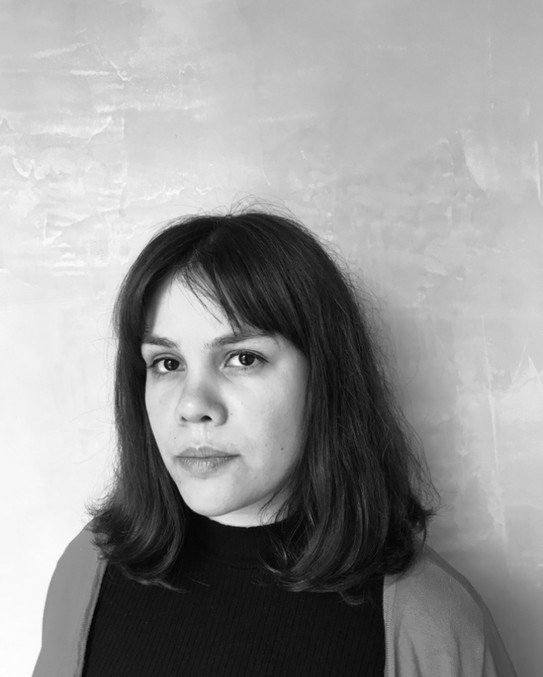Sarrah Bock is working on a dissertation on age(ing) in the context of intersectionality and is investigating in particular the entanglements of the triad of age(ing), migration and gender by means of a qualitative-empirical analysis of the subsequent generations of so-called ‘guest workers’ from Morocco and Tunisia who immigrated to Germany in the 1960s and stayed. 2016 to 2021. She studied Philosophy with a minor in Business Administration at the University of Mannheim. During her studies, she worked in the field of cultural policy and represented various university initiatives, including Green Office e.V. She obtained her Master's degree in Sociology at the Ludwig Maximilian University of Munich in 2023 and was student assistant at the Institute of Geography in the KARE research project. Stay abroad in 2022 at the Sorbonne Univeristé IV in cooperation with the École-Normale-Supérieure Paris-Saclay. In Munich, she founded a collective with fellow students from the sociology programme to organise social themes such as the body, foreignness, love in an off-space in the city or a residency such as Lothringer 13 together with artists from the AdBK Munich.
Contact: sarrah.bock@tu-dortmund.de
Labour Migrants from North Africa in the Context of the Recruitment Agreements of the 1960s in the Federal Republic of Germany
Sociodemographic change in Germany poses major challenges, especially for the ageing immigration society of the 1960s. Labour migrants from North Africa are underrepresented in political and academic discourse. Against this background, the PhD project focuses on how this aspect of social inequality shapes the view of age(s) of subsequent generations of labour migrants and how gender becomes relevant in this context. The focus is specifically on labour migrants who immigrated to Germany from Morocco and Tunisia in the 1960s. In order to trace the specific challenges faced by this group, it is important to examine the second and third generations and to draw comparisons with their parents and grandparents in order to gain insights into the ageing of the first generation. The aim is to find out how the subsequent generations perceive their own age(s) and to draw comparisons with their parents and grandparents. In addition to a intersectional perspective, qualitative-empirical methods will be used to collect subjective interpretations of how the descendants of North African labour migrants themselves imagine ageing and what perspectives they see in this regard. The result is a typology of the ageing migrant society in Germany, which can be derived from individual biographies and group discussions. Life situations and life courses become visible in the field of tension between the different categories of migration, age(s) and gender. At the same time, the interdependence of these dimensions is constantly emphasised in order to reflect on them with a view to an ageing society in Germany.





